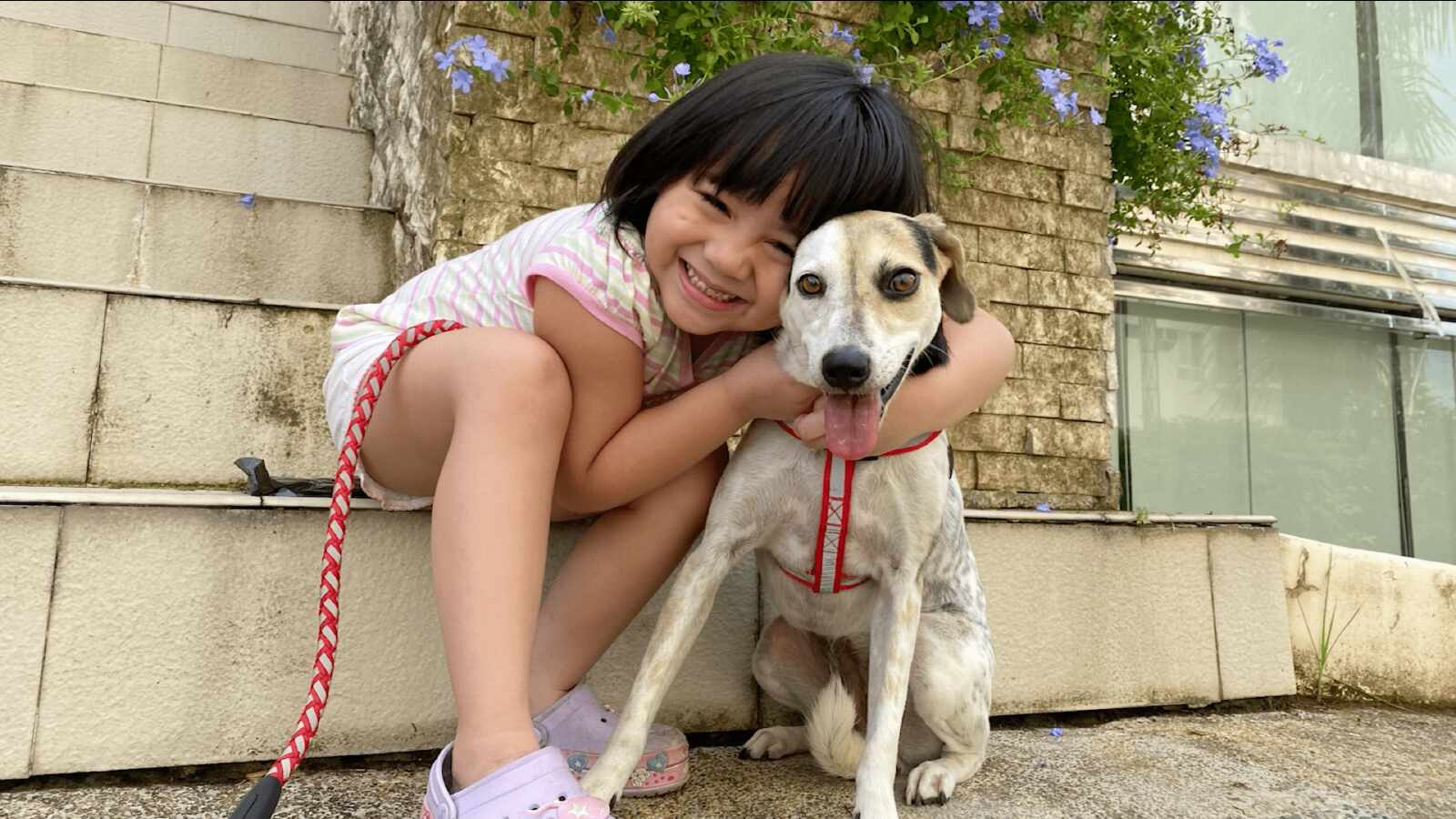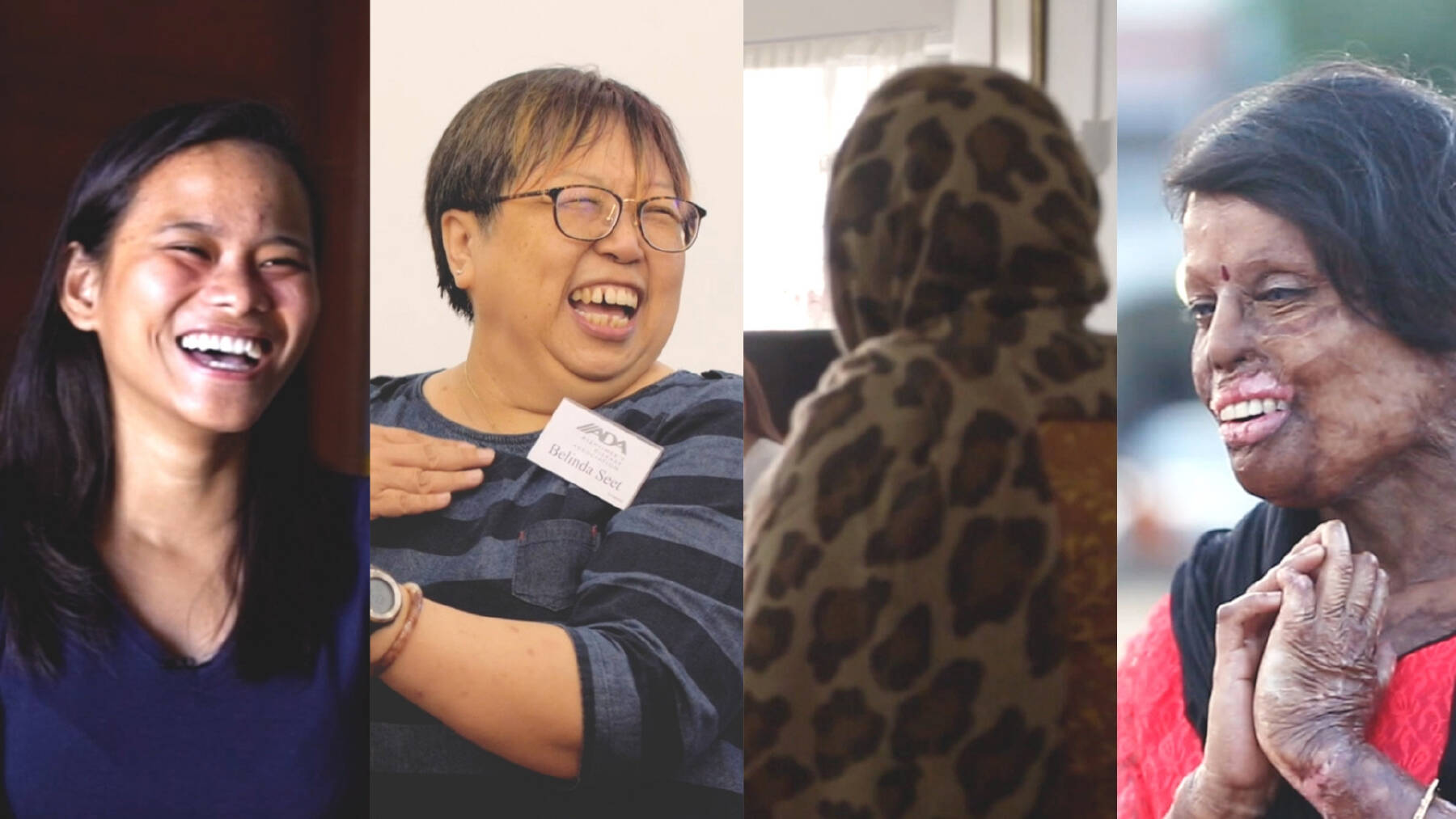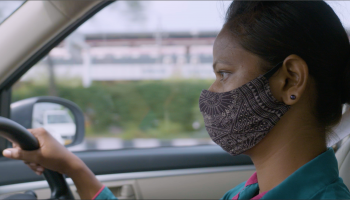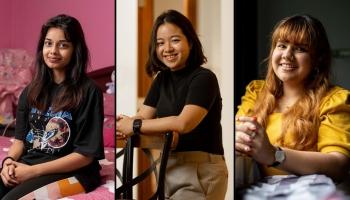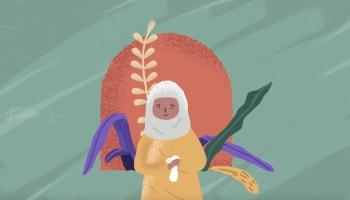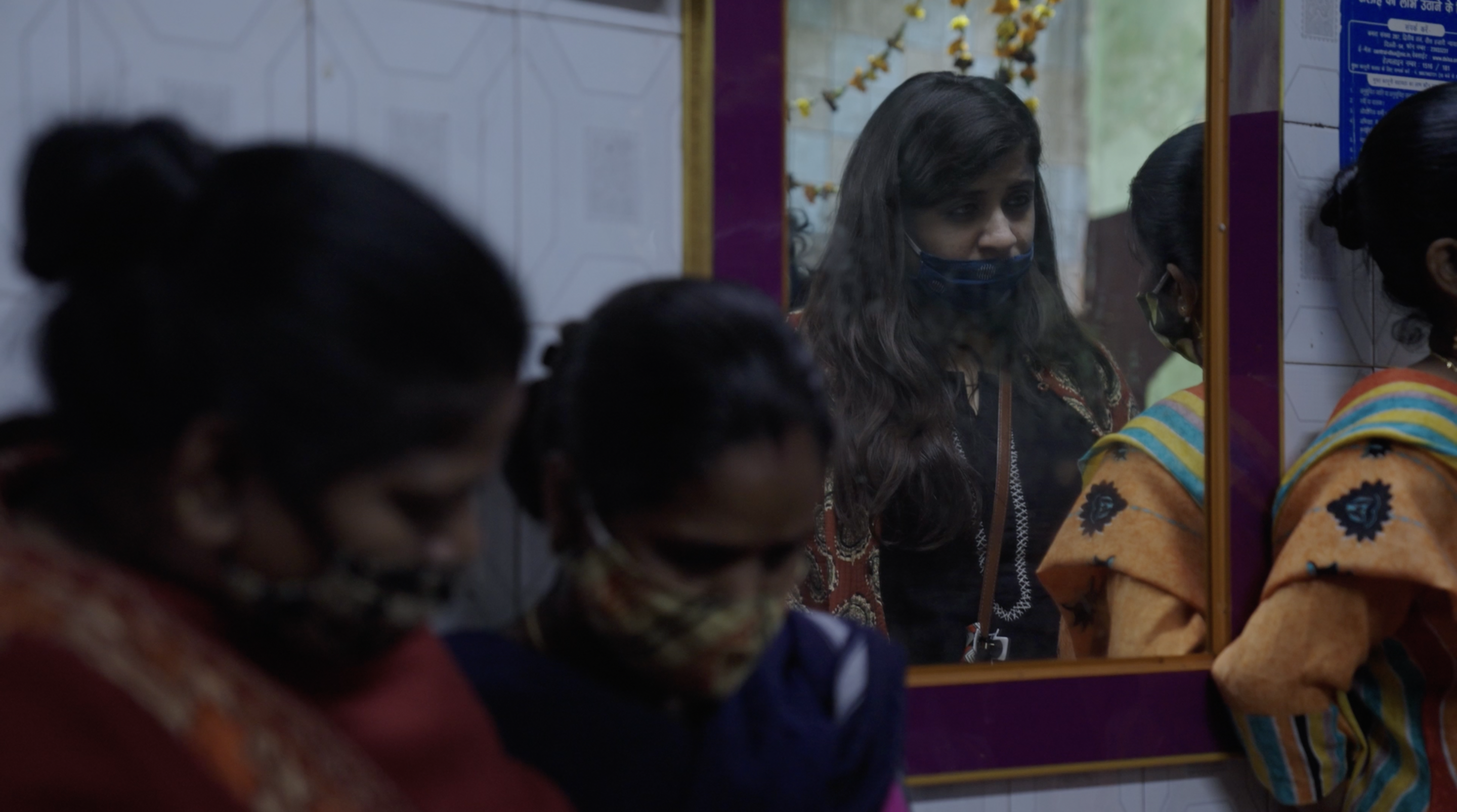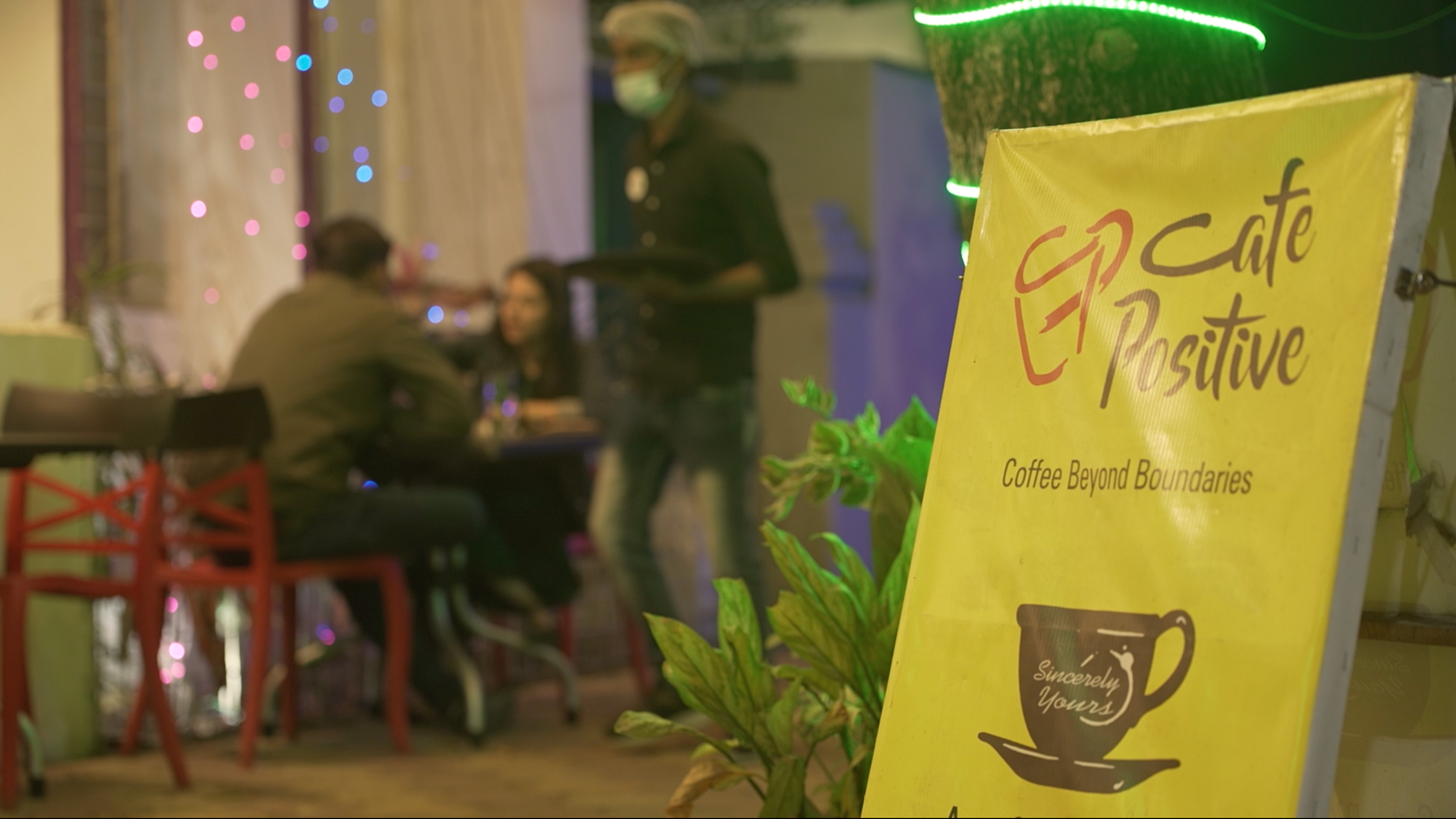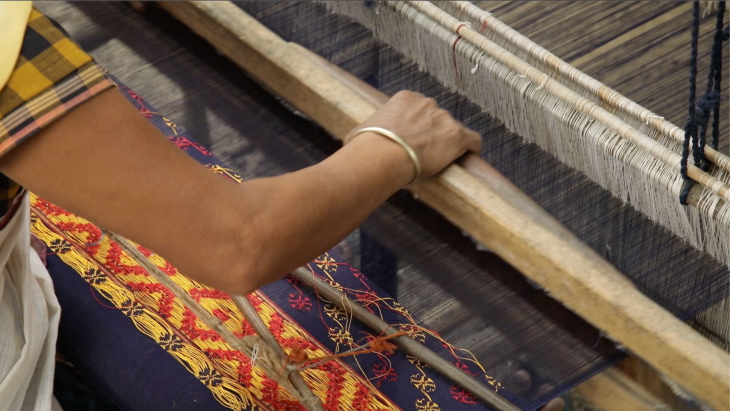The Only Silicone Cup a Woman Needs
Period.
No, not what you place at the end of a sentence, but what hundreds of millions of women around the world experience, every month.
Yet, people still hesitate to talk about it – albeit, more so in some cultures than others. This reluctance has led to many women being unaware of the sanitary options available to them. And about the health hazards of using certain materials to absorb menstrual fluid.
For instance, in some countries, women use leaves, unwashed rags or sometimes sand. These methods often result in poor hygiene, infections, and other reproductive diseases.
According to the Swiss-based Water Supply and Sanitation Collaborative Council, an estimated 1.2 billion women around the world lack access to basic sanitation and hygiene. Hence, when they menstruate, “they miss work, intentionally not travel, and avoid school.”
This harsh reality was not lost on three Singaporean women.
Sisters Vanessa, Rebecca and Joanne Paranjothy founded social enterprise Freedom Cups in 2015 to introduce more women to the merits of the menstrual cup. Made from medical-grade silicone, it is inserted like a tampon, and collects menstrual fluid.
Unlike single-use sanitary napkins and tampons, each cup lasts up to 15 years. This means savings, a lower carbon footprint, and reduced plastic waste. According to some statistics, a woman uses an average of 12,000 menstrual products in her lifetime.
But here is another advantage of switching to using a menstrual cup - Freedom Cups’ one-for-one model.
“For every cup we sell at full price, we give one for free to women from an underprivileged community,” explains Vanessa.
Since founding Freedom Cups, the Paranjothy trio has distributed thousands of cups to less fortunate women in Singapore, Malaysia, Cambodia, the Philippines, India, Nepal and Nigeria.
Not everyone can accept the idea of inserting something inside them. Co-founder and advocate Rebecca first struggled with the thought of using the menstrual cup. But once she got used to it, says she can’t imagine living without one.
“I was walking funny. I couldn’t do things properly for that day, but it was all in my head,” says Rebecca. “After the first day I realised how amazing it was, how much waste it saves, how comfortable I felt. (And) I could go swimming. So, from that day on I was on board with Vanessa. It wasn’t because she made me, but because I was converted after I tried the cup.”
Vanessa notes that women in rural areas have been more open and receptive to the menstrual cup, than their urban counterparts.
“One of the interesting things that we found, women in the third world are a bit more intuitive with their bodies,” she says. “The moment they see the cup they know it has to be inserted into the body, and that it sits there and collects fluid.”
Annabelle, a mother of six, lives in the rural village of Borangay Tinolingan, in the Philippines. She earns a living giving manicures and pedicures, and selling sticky rice. On some days, she can earn barely enough to feed her family, let alone pay for sanitary napkins.
Menstrual cups have made a positive financial impact on women like Annabelle. Now that she has switched to the menstrual cup, Annabelle no longer has to worry about being unable to afford sanitary products. Instead, the money she saves can be used to pay for household items and necessities for her children.
Furthermore, with fewer sanitary products ending up in landfills, or getting burnt in the open, less toxins and pollutants are being released into the environment. Now that can only be a good thing.
Freedom Cups’ co-founders Vanessa, Rebecca and Joanne Paranjothy emerged winners at the Singapore International Foundation’s Young Social Entrepreneurs programme in 2017.
Purchase a cup, and Freedom Cups will donate one to a woman living in poverty.
About Freedom Cups
Contributors
Director
Editor
Camera
Location Recordist
Executive Producer
Writer



